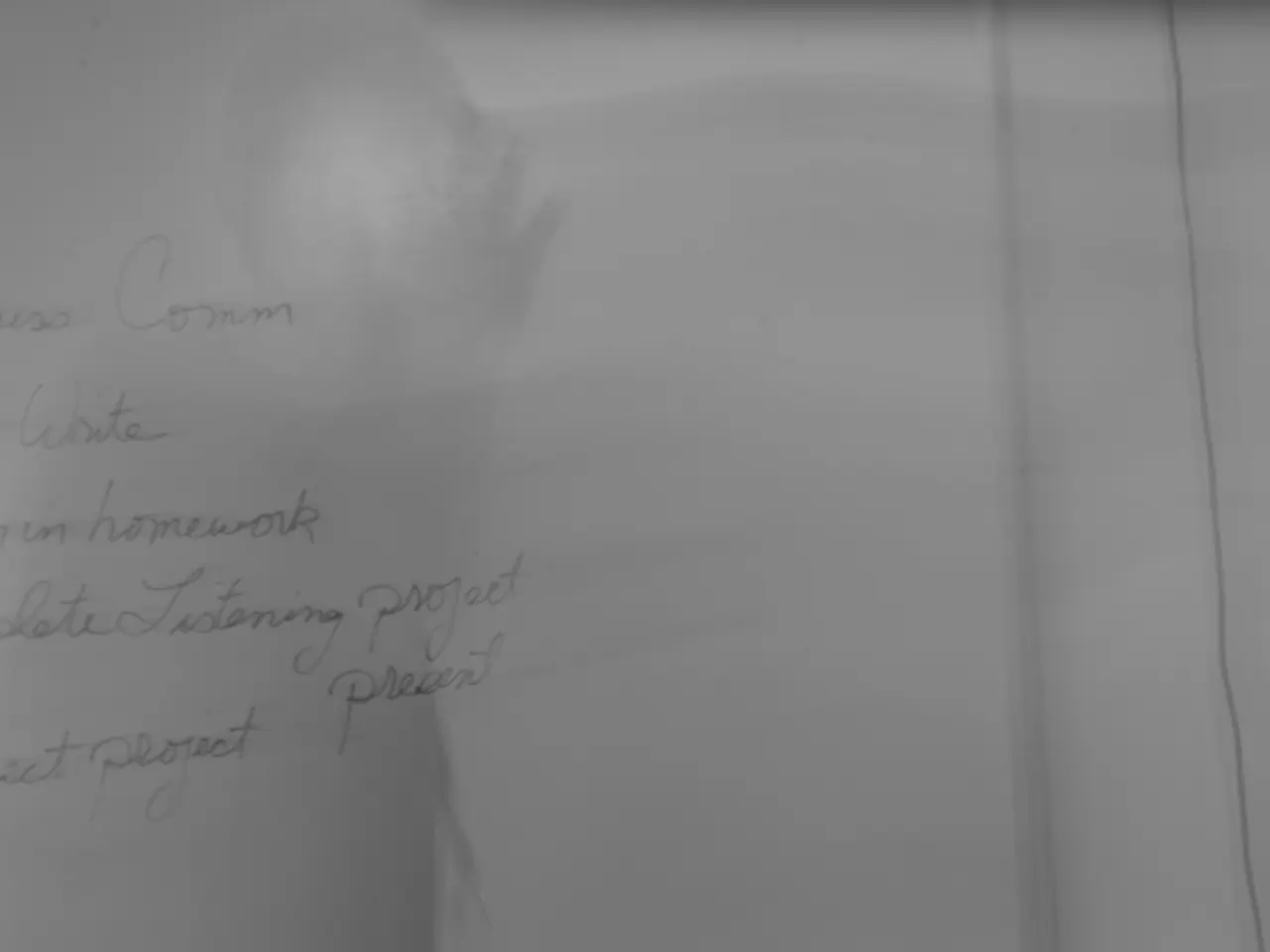Embracing Mistakes as a Key Step to Adopting New Routines
In her article, Sabina Nawaz emphasises the importance of embracing failure as a stepping stone towards forming new habits. The key lies in immunizing oneself against small failures, committing before giving up, publicizing learnings, and tracking progress.
Firstly, building resilience is crucial. Prepare mentally for minor setbacks as they are inevitable and do not equate them with failure. Instead, view mistakes as learning opportunities that help build resilience and reduce the risk of giving up at first slip-ups.
Secondly, use implementation intentions to commit before giving up. This involves creating specific plans detailing when and where you will perform the habit. For example, "If it's Monday, Wednesday, or Friday at 7:00 AM, I will run for 30 minutes." This concrete commitment makes it easier to persist even when motivation temporarily wanes.
Thirdly, sharing your progress, challenges, and insights publicly or with a supportive community increases accountability and reinforces learning through social interaction. Publicizing what you learn also normalises mistakes and encourages a growth mindset.
Fourthly, monitor your habit-building journey consistently. Use habit trackers, journals, or apps to record each successful performance and reflect on any obstacles. Tracking creates positive reinforcement loops by visualising progress and triggering intrinsic motivation. It helps identify patterns and areas for adjustment.
Additional techniques include habit stacking, starting small, and associating the habit with meaningful rewards. Habit stacking involves linking the new habit to an existing one, such as "After I brush my teeth, I will meditate for five minutes." Starting small and breaking habits into manageable tasks helps build momentum, while associating the habit with rewards boosts habit adherence.
By combining a resilient mindset, clear commitment, social accountability, consistent tracking, and practical strategies like habit stacking and positive reinforcement, you can effectively build lasting new habits even in the face of small failures and challenges. Moreover, keeping track of progress and allowing oneself to stop can help avoid self-blame and maintain motivation.
Sharing goals with someone else can create accountability and momentum to act. Identifying what one learns from failures is essential in overcoming them. Empathy, adaptability, compassion, and communication are essential soft skills for success in the workplace. These soft skills cannot be replicated by Artificial Intelligence Tools, at least for now.
Buffett suggests that integrity, a growth mindset, and simple living are habits that lead to success. Building new habits is easier when the potential for failure is not high. Fixing a time limit and stopping when peaking can help maintain energy and enthusiasm. Practising to fail small can help one move along in the process of forming new habits. Publicising what one has learned from failures can help overcome feelings of shame and assist others.
In conclusion, by adopting these strategies, one can increase their chances of achieving their goals and build new habits that lead to success.
- Embrace a growth mindset in your education-and-self-development journey, recognizing that small failures are actually stepping stones for personal-growth, as highlighted by Sabina Nawaz.
- Harness the power of Artificial Intelligence (AI) tools to help track your lifestyle changes and progress towards new habits, but remember that essential soft skills, such as empathy, adaptability, and communication, cannot be replicated by AI.




